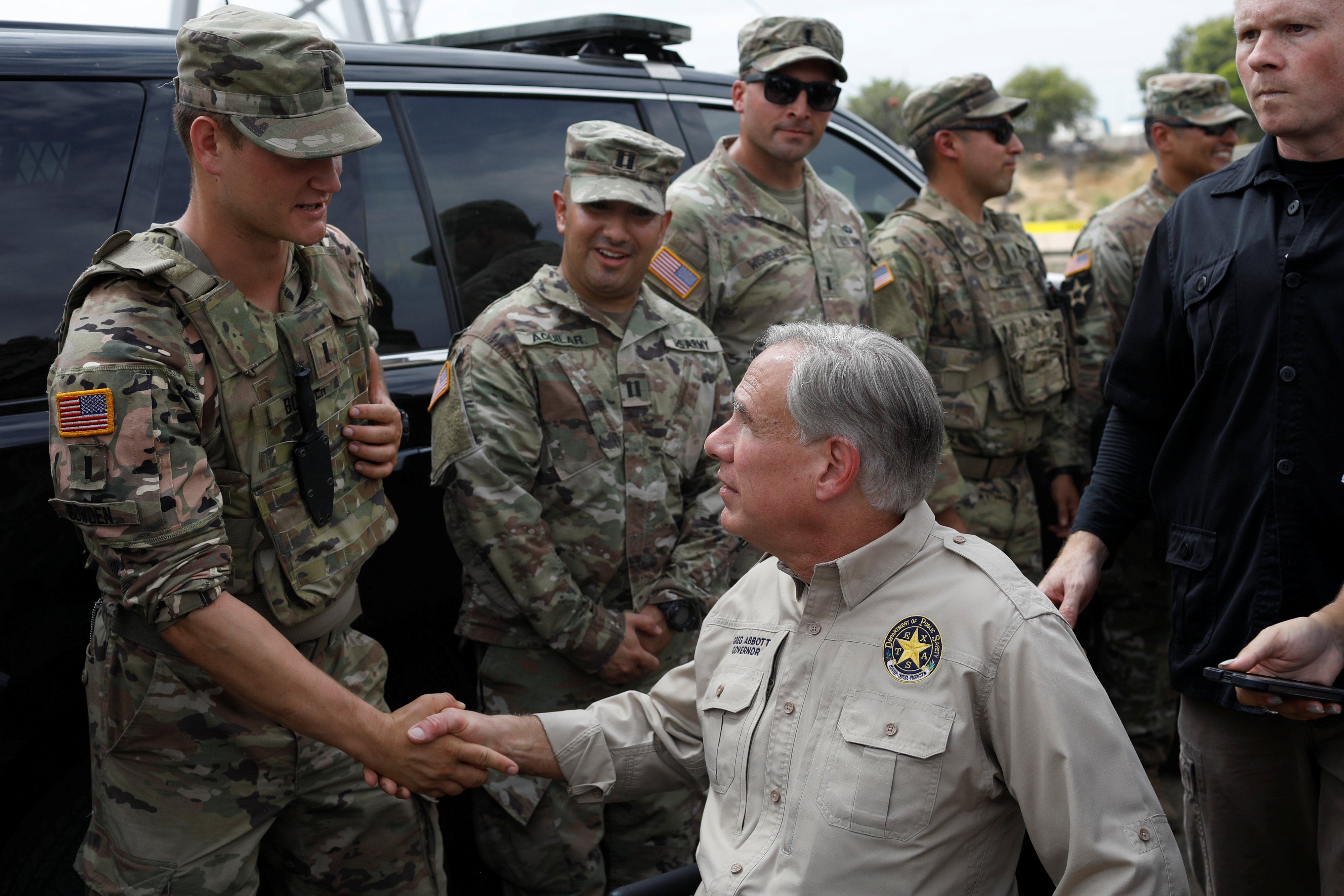A major constitutional crisis is brewing down south as Texas Gov. Gregg Abbott bucks the Supreme Court, forcing a confrontation between the state and federal government over who controls the US-Mexico border.
Earlier this week, the Supreme Court ruled that the Biden administration had the right to clear razor wire that local Texas authorities had installed along the border. Abbott has also taken his own measures to police crossings of the Rio Grande and even used the Texas National Guard to block federal agents from entering the area.
On Wednesday, Abbott released a statement declaring that despite the Supreme Court ruling, the Lone Star State will take control of deterring migration along its border with Mexico. In effect, he is defying the Supreme Court.
Although the US president technically controls the National Guard and the federal government has jurisdiction over border security, Abbott argues that states have a constitutional right to defend themselves against an invasion, which is how he and his supporters see recent record-high levels of undocumented immigration.
A state bill allowing Texas to detain and deport migrants back to Mexico is set to take effect in March, although the Justice Department and ACLU have both filed injunctions. The legal battles will continue, right as immigration takes center stage in the 2024 presidential race. But if Texas doesn’t back down in the face of federal and Supreme Court rulings, a deeper constitutional crisis could arise.
